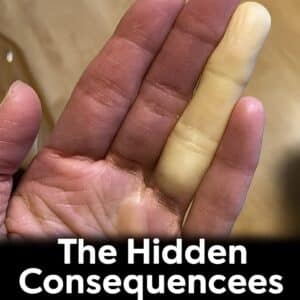Deep spiritual questions are frequently brought up by the death of a loved one. What happens to the soul when the body is cremated is one of the most frequently asked questions. Religious convictions, cultural customs, and individual philosophies all influence the response to this question. The journey of the soul is a mystery that has been interpreted in various ways for centuries, but the physical process of cremation is well understood.
1. Buddhism and Hinduism: A Way to Emancipation
Cremation is the recommended way to deal with the dead in Hinduism. Atman, the soul, is thought to be eternal and to simply depart from the body upon death. Cremation facilitates the soul’s separation from its body and passage through the reincarnation cycle (samsara) to its next life. According to Hinduism, fire is a cleansing force that releases the soul.
Cremation is also a common practice in Buddhism. Buddhism teaches that consciousness persists in a cycle of rebirth, even though it rejects the notion of a permanent soul. Cremation is viewed as a useful and symbolic means of embracing impermanence and facilitating the passage into the next phase of life.
2. Christianity: Belief in Life Beyond Death
Over time, Christian perspectives on cremation have changed. Because of the belief in bodily resurrection, burial has historically been preferred, particularly in Catholicism. However, as long as it is not chosen to reject belief in the resurrection, cremation is now widely accepted among the majority of Christian denominations.
According to Christian doctrine, the soul is judged by God and goes to either heaven, hell, or a waiting state (Catholicism’s purgatory, for example). It is believed that the soul’s journey is unaffected by the state of the body, whether it is buried or cremated. The soul’s destiny is ultimately determined by one’s faith and relationship with God, not by the manner in which the body is disposed of.
3. Islam: Maintaining Honor
Cremation is strictly forbidden in Islam. Muslims hold that the body should be buried in a straightforward and dignified manner as soon as possible after passing away. Islamic doctrine holds that although the soul leaves the body upon death, it remains connected to it until the Day of Judgment.
The idea that the human body deserves respect and care even in death is the foundation for the ban on cremation. Burial is regarded as an expression of reverence and obedience to God’s will.
4. Spiritual and Secular Perspectives
Many people today may have a more secular worldview or identify as spiritual but not religious. According to these viewpoints, cremation is frequently seen as the body’s natural return to the environment. Some people think that the soul lives on in the memories and legacy left behind, merges with the universe, or continues in another realm.
Some people might not believe in souls at all, particularly those who hold a humanist or scientific perspective. They believe that cremation is a personal or environmental decision rather than a spiritual one, and that consciousness ends with death.





